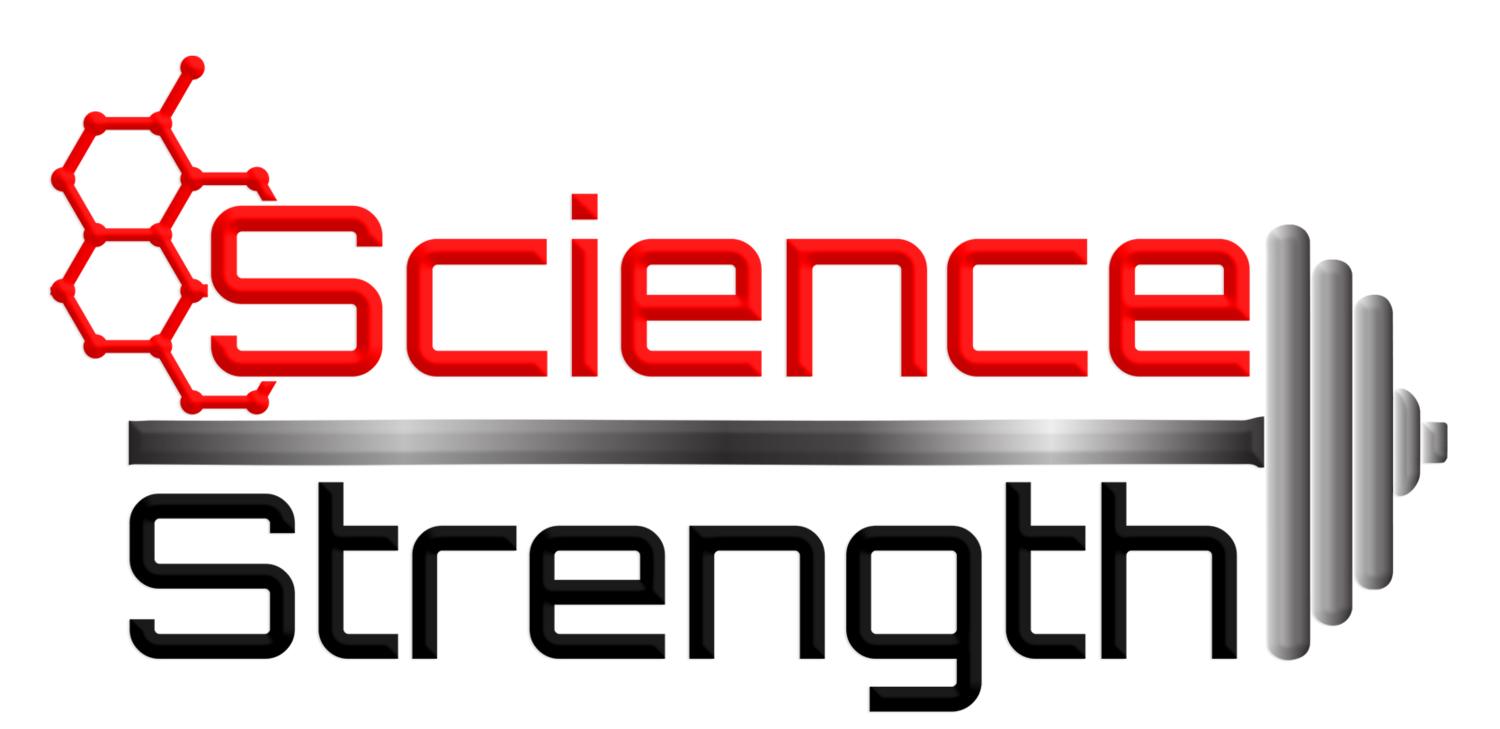Tim Ferris dropped this statement and it made me think. I am very familiar with the survival part, having done my PhD in an evolutionary lab. However, I never thought about the happiness part.
Happiness is something most people want to achieve, but it doesn’t come naturally to us. We just didn’t evolve for it.
Evolution used happiness as ‘a tool’ to make us survive, but happiness has never been a trait worth evolving.
Here is what I mean:
In order to survive as species we need to eat and to reproduce. That’s why evolution has built in mechanisms into our brains that reward us for seeking food and sex, and subsequently eating and having sex. These mechanisms cause the release of neurotransmitters, such as dopamine and serotonin, that motivate us to do something and give as pleasure aka. happiness.
However, it would be a disaster from the evolutionary point of view if pleasure and happiness constantly persist. If we constantly feel pleasure there is no drive to go out and seek food and sex, because we already have the reward both of them normally give us.
If we (or our caveman ancestors) don’t have the motivation to go out and search for food, we will eventually die.
For this reason the levels of reward molecules that give us pleasure and happiness have to drop shortly after we get the reward. This motivates us to keep going and surviving. This is the reason why it’s not in the interest of evolution to keep us happy.
Also, don’t forget that we look at the things in evolutionary context. It wasn’t easy for our ancestors to get food. They had to leave their caves, face the dangers, wild animals, make their way through rain and storm, freezing and suffering, just to find a few berries, tubers or anything else they can eat to survive. Hunting required even more effort.
Evolution had to come up with really smart tricks that made it for our ancestors more painful to stay in the cave than going out and seeking food.
Well, these are the evolutionary mechanism that we still carry in our brains. Pain motivates us to move towards pleasure. Interestingly, the same area in the human brain is responsible for pleasure and for pain.
The evolutionary take-home message from it is fairly simple: You aren’t designed to be happy. You are designed to seek pleasure and to avoid pain. In the moment you get pleasure, the equilibrium in your brain is shifted towards pain again, so that this vicious survival cycle keeps going.
This is the reason, why happiness doesn’t come naturally to us. Why we need to put effort in to maintain a happy state.
Happiness is very subjective. Different things make different people happy. However, there are a few things you can do to keep your pleasure molecules in balance and avoid extreme drops causing pain.
Don’t spike your happiness to much
With every high comes a low. If you spike your dopamine too much with sugary/fatty food, alcohol, drugs, binge watching your favourite series or anything else that gives you pleasure and makes you feel excited, subnqueltny your feeling of happiness will fall below the the level at which you started.
That’s why: don’t obsess over anything that gives you pleasure and don’t get overly excited, consume things in moderation and keep balance.
Work on biological clock habits
Biological clock aka circadian rhythms is crucial for our health and happiness.
Light and food intake regulate our biological clock making sure that right hormones and neurotransmitters are produced in right amounts at the right time. Here are a few simple things you can do to make sure that your neurotransmitters and hormones are in better balance:
Go out to get at least 10-20 min light exposure in the morning. Natural light is much more effective to set our biological clock than artificial light.
Stop eating about 2-3 hours before you go to bed.
Don’t use any bright light in the evening. Use dim light, candles or string lights instead.
Having your neurotransmitters and neurobiology in the right place is the foundation for psychological happiness. Because you can’t create happiness if your brain makes you feel pain.
Do small changes, set yourself up for big, happy results ;)
If you are looking to make a changes towards a healthier lifestyle, eating a diet that is right for you, strengthen your body and mind, you will love our nutrition and training programs. Click here for more info.
Acknowledgement: inspiration and neurobiological content for this article came from Humberman lab podcast.
